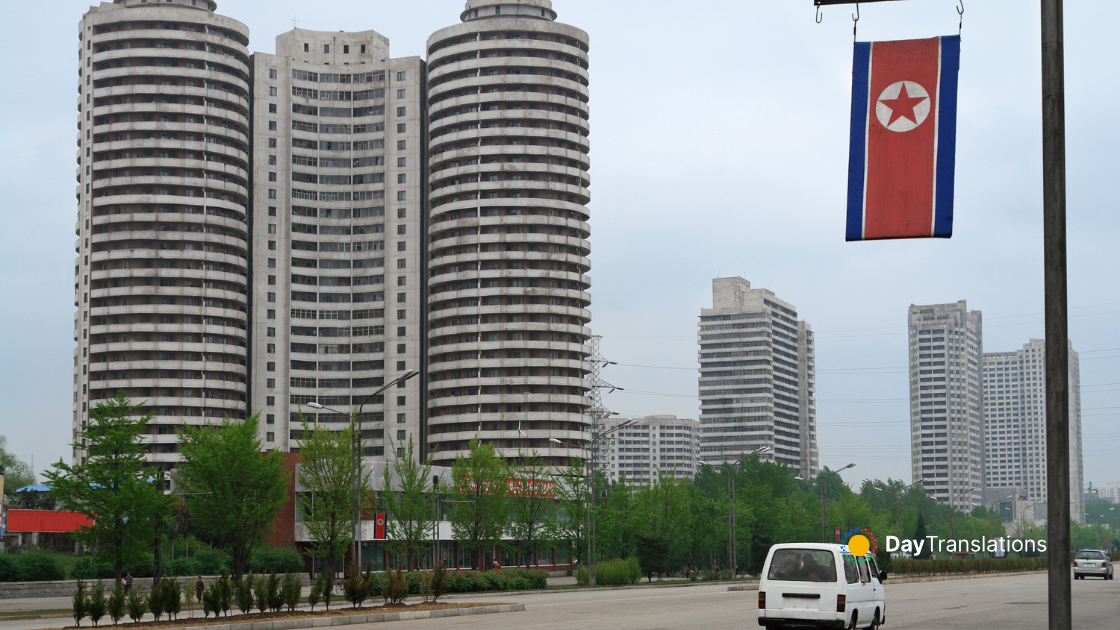Famous Jordanian People: Jordanian Artists, Scientists, Leaders, Musicians, Politicians and Athletes
In this Country Profile
Jordan is home to outstanding individuals who made a difference with their remarkable achievements. The following people made their mark on both the local and international scenes. They are just some of many famous Jordanians who have lifted Jordan’s name worldwide and made a difference in our world.
:: List of Famous People from Jordan ::
Sayyid Hussein bin Ali
Sayyid Hussein bin Ali was the Sharif of Mecca, and Emir of Mecca from 1908 until 1917, when he proclaimed himself King of Hejaz, which received international recognition. He initiated the Arab Revolt in 1916 against the Ottoman Empire during the course of the First World War. In 1924, he further proclaimed himself Caliph of all Muslims. He ruled Hejaz until 1924, when, defeated by Abdul Aziz al Saud, he abdicated the kingdom and other secular titles to his eldest son Ali.
Abdullah I bin al-Hussein, King of Jordan
Abdullah I bin al-Hussein played a key role as architect and planner of the Great Arab Revolt against Ottoman rule, leading guerrilla raids on garrisons. He was the ruler of Transjordan and its successor state, Jordan, from 1921 to 1951 – first as Emir under a British Mandate from 1921 to 1946, then as King of an independent nation from 1946 until his assassination.
Hussein of Jordan
Hussein bin Talal was the King of Jordan from the abdication of his father, King Talal, in 1952, until his death. Hussein led Jordan through the Cold War and four decades of Arab-Israeli conflict. He recognized Israel in 1994, becoming the second Arab head of state to do so.
Abdullah II of Jordan
Abdullah II bin al-Hussein is the current King of the Hashemite Kingdom of Jordan. He ascended the throne on 7 February 1999 after the death of his father King Hussein.
Queen Noor of Jordan
Queen Noor of Jordan, born Elizabeth (Lisa) Najeeb Halaby, is the last wife and widow of King Hussein of Jordan. She was queen consort of Jordan between 1978 and 1999. Since her husband’s death in 1999, she has been queen dowager of Jordan. American by birth, she acquired Jordanian citizenship and renounced her American citizenship at the time of her marriage. She is the current president of the United World Colleges movement and an advocate of the anti-nuclear weapons proliferation campaign, Global Zero.
Queen Rania of Jordan
Rania al-Abdullah is the current Queen consort of Jordan as the wife of King Abdullah II of Jordan. Queen Rani has focused her energy, at home and abroad, on a variety of causes. In Jordan, her work concentrates on the caliber and quality of education for Jordanian children, while abroad she advocates for global education and for world leaders to fulfill their commitments towards the second Millennium Development Goal, Universal Primary Education.
Mustafa Wahbi Al-Tall, “Arar”
Mustafa Wahbi, better known as Arar, was a Jordanian poet, lawyer, teacher, judge, political agitator and philosopher. Arar was a pioneer of Jordanian patriotism and a spokesman for the nation’s ideals and aspirations. He was known for his nationalist and revolutionary oeuvre and his activism in accordance to it. Rebellious patriotism in Arar’s poetry is inextricably tied to his never-ending Don Juanism. As a lover, obsessed by the nostalgia for places that had once quenched his thirst for love, Arar created a quite new type of metaphors and terms of reference to the beloved and to her place in the poet’s dream-world. Place-related identity terms referring to the poet’s beloved or her close surroundings. And that helped establish a unique Jordanian literary tradition in the Arabic language.
Suleiman Mousa
Suleiman Mousa was a Jordanian author and historian. He wrote many books of which most prominent are “The Biography of Sharif Hussein Bin Ali “, “Jordan in the 1948 War”, “The Great Arab Revolt”, “History of Jordan in the 20th century”, and was the first and only Arab author to write about Lawrence of Arabia and show the Arab perspective. His book T.E. Lawrence: An Arab View was published in 1966 and translated into English, French and Japanese. It was written after a study that had convinced him that although there were many books written to praise Lawrence and others written to discredit him, all of them exaggerated his part in the Arab Revolt and failed to do justice to the Arabs themselves.
Haider Mahmoud
Haider Mahmoud is a prominent Jordanian poet. He was also Jordan’s Ambassador to Tunisia, and he later held the culture portfolio in the Jordanian government. Mahmoud’s works were published in several languages including Spanish, Japanese, Korean, French and Serbian, and his works are taught in the Jordanian curriculum in both the School and University levels. Mahmoud was granted several Arab and International awards and medals, including the King Abdullah II Award for Innovation in the Field of Literature (Jordan, 2004), The Independence Medal of First Order (Jordan, 1991), Medal of the Republic of the Supreme Order (Tunisia, 1999), Ibn-Khafaja Award for Poetry (Spain, 1986).
Abdul Rahman Munif
Abdul Rahman Munif is one of the most important Arabic novelists of the 20th century. He is most noted for closely reflecting the political surroundings of his day. His masterwork is the Cities of Salt quintet that followed the evolution of the Arabian Peninsula as its traditional Bedouin culture is transformed by the oil boom. The novels create an entire history of a broad region, evoking comparisons to William Faulkner’s Yoknapatawpha County. Munif chronicles the economic, social, and psychological effects of the promise of immeasurable wealth drawn from the deserts of nomad and oasis communities.

Sorry, the comment form is closed at this time.